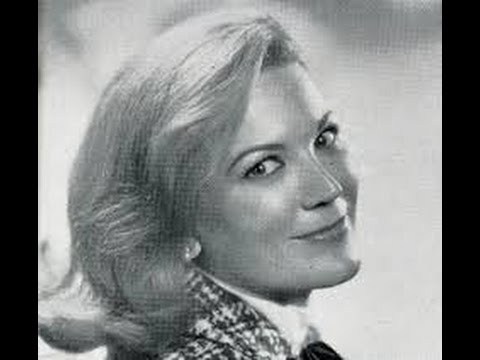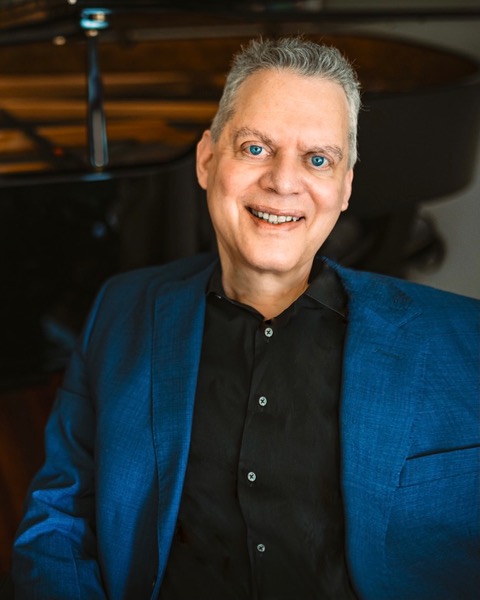(from Steven Blier)
I have been listening obsessively to the late American soprano Teresa Stich-Randall this week (as one does). Her name came up during an email interview exchange I was having with writer/critic David Shengold, who casually let it drop that Stich-Randall had been a lesbian. He assumed I knew, but this fact had eluded me. In response to my question, “Are you saying T.S-R. was gay?” he wrote back, “WAS RICHARD TUCKER JEWISH?”
I’d always been fascinated by this artist, one of those musicians in the so-cold-they’re-hot category. Karajan chose her to sing Sophie in his recording “Rosenkavalier” with Schwarzkopf, and she was Toscanini’s Nanetta in “Falstaff.” Stich-Randall (1927-2007) had a pure, instrumental line, abstract and disembodied—a kind of Stepford Wife approach to Mozart and Schubert. She could pull out the dramatic stops in certain roles—her “Or sai chi l’onore” in Don Giovanni took no hostages. But she always gave off the odd vibe of being a hologram—in her pictures she seems remote from the other people onstage with her, and her publicity shots make her look as if she were made out of plastic. Now I have some sense of what this “otherness” might have been about. And I can’t stop listening to her pure, spaced-out, immaculate performances. I saw her only once, at my first Don Giovanni in 1966 at the old Met. She was entering her late, decadent phase where a kind of madness started to invade the pure control of her early years, like seeing a Barbie Doll have a nervous breakdown. Here she is singing Schubert (one of my summer projects) during her sweet, pristine prime. “Du bist die Ruh,” Teresa. Requiescat in pace.
https://www.youtube.com/watch?v=VE7osVbOYbI
Hear more Schubert at NYFOS’s December 8th concert Schubert / Beatles featuring soprano Sari Gruber, tenor Paul Appleby, baritone Andrew Garland at Merkin Concert Hall. Buy tickets now!



0 Comments